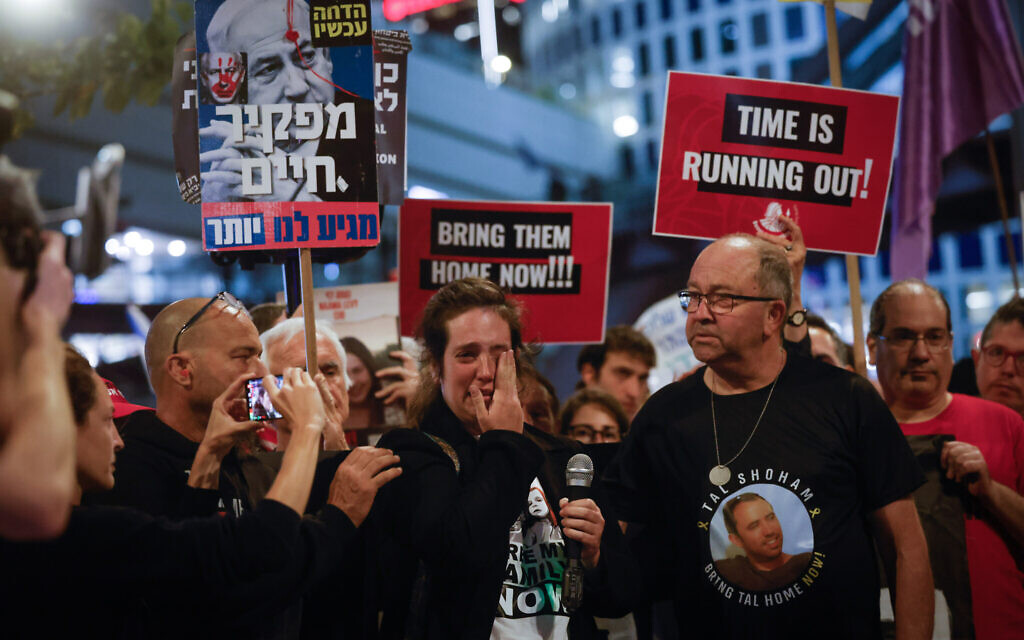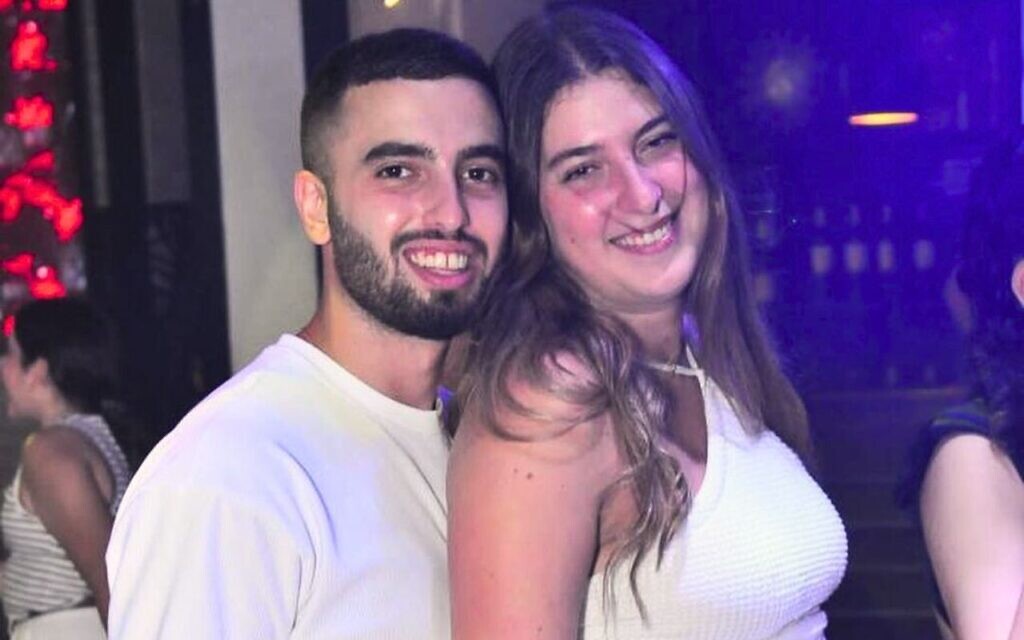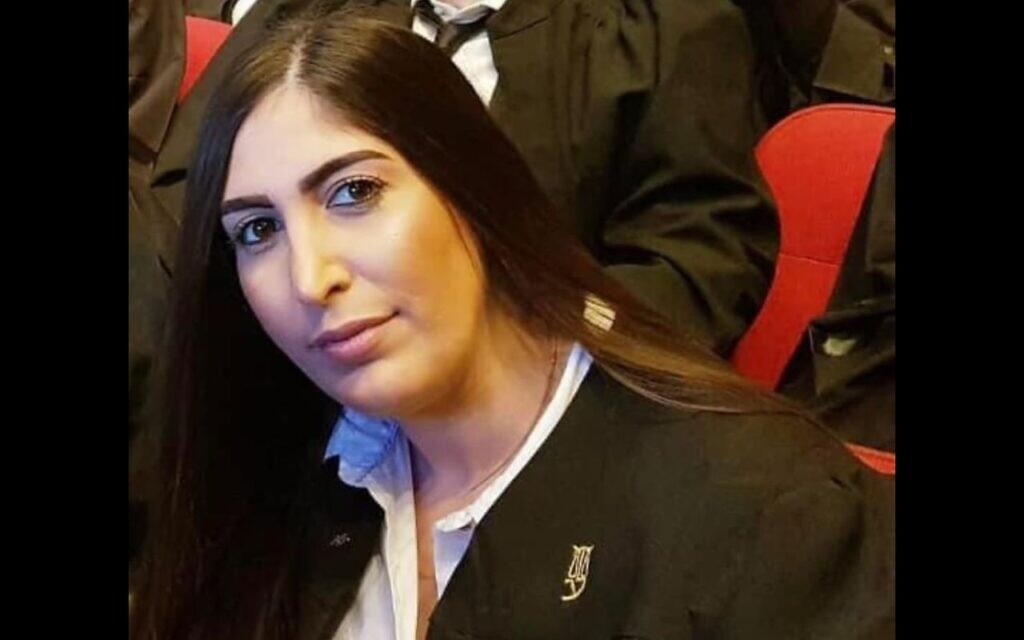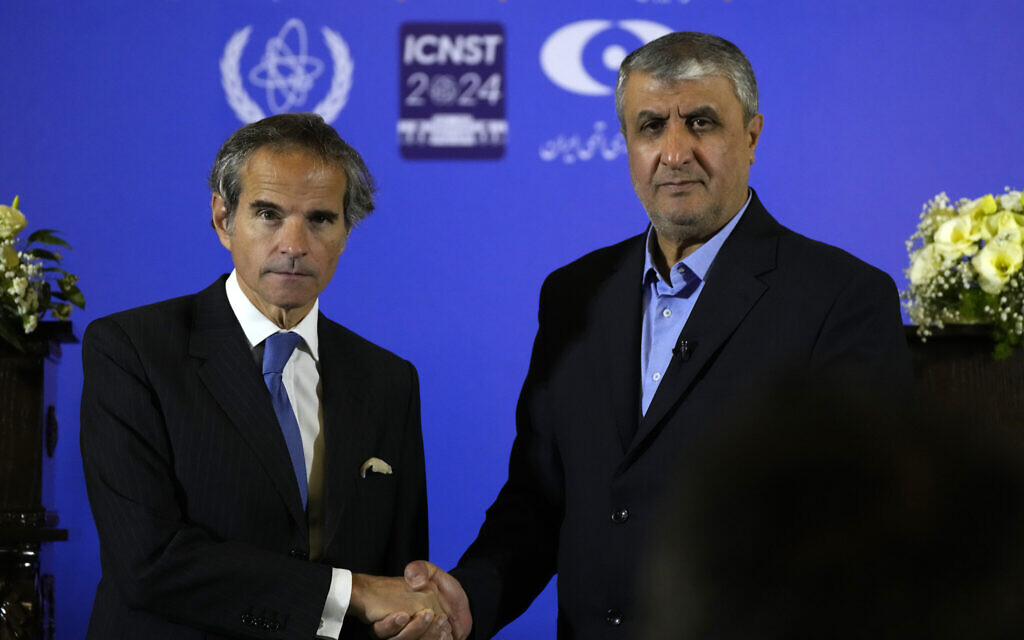 A Living Monument to Judaism on Cape Cod
A Living Monument to Judaism on Cape Cod
Preserving Our Future
Take a moment and think about the first home of your childhood. Picture your bed, your room, maybe the kitchen, your parents, siblings. For some of us, it is the home that will always be home. Is it still there? Have you been back? Is there another family that has no idea what the place meant to you?
Take another moment and think about your elementary school. Can you picture the hallways, what the old gymnasium looked like? That for many of us, is still school.
|
CLICK HERE FOR QUESTIONS AND ANSWERS For additional information, please contact |
|
Ways to Support the
|
Now think about your first synagogue. The social hall, services, but mostly the people. The faces of the religious school teachers, kids we grew up with, the kind faces of the elders of the congregation. For some, their first synagogue is no longer there or the people you knew are no longer there except when you conjure them up in memories.
For many of us, Cape Cod Synagogue is the place of our youth or it is the place where we raised our children. We are the adult faces that make up the memories for another generation of Jewish children.
Please entertain the terrible thought for a moment if Cape Cod Synagogue was no longer here. What if it went the way of a childhood home or an old school, and remains just a place that is conjured up in memories. It is not likely to happen soon, but there are undeniable trends in the Jewish world, especially in America and especially in the Reform world.
Tempe Emanuel in Worcester is no more. Gone. Congregations are merging and closing around the country. Peak Jewish population in the United States was back in the 1950s. We were about 7.5 million. We now number somewhere between 5-6 million, depending on which survey you ask or how you count. Only 25% of the kids growing up in our congregation will likely affiliate as reform Jews as adults. The average age of a person who is a member of a URJ Congregation is 54 years old. And this reflects larger American trends where young adult American Jews are not joining synagogues.
So what can we do? We must embrace our reality. Here at Cape Cod Synagogue we have a beautiful community filled with committed and caring people. We are a center for Jewish life that has thrived for over 80 years on Cape Cod. Now in our time of strength we can act, but to do so we need to look realistically at the trends and plan for our future. Cape Cod Synagogue in many ways is pretty amazing. We do more with less. Our annual budget is extremely modest for an organization our size. And the only way we can do this is because our volunteers are so amazing. We have cut back in every way we can to find savings for the Synagogue to stay within our means. We’ve invested in a solar project for our future so we will not have an electric bill for twenty years. We’ve made painful cuts to our religious school because of shrinking enrollment and budgets. It hurts. The only significant cuts left in our budget would be our Cantorial Soloist and Rabbi.
Cape Cod Synagogue is heading toward our 100th anniversary. We can count on a different kind of Jewish community in the years ahead. We are decidedly a retirement community, though we still have a sacred commitment to our young. Every child is a priceless diamond. We cannot forget that Cape Cod Synagogue convened in 1933 to provide a place to educate Jewish children and is still central to our identity. We must recognize that younger generations are less likely to join and be members of communities, but they still want Jewish experiences.
But it’s not just the younger people on Cape Cod who don’t join. So many people count on us to be here. Non-members participate in weddings, funerals, High Holy Days, and our Passover Seders. People are looking for spiritual inspiration. They’re looking for a Rabbi and a Cantor to be here, though they’re just not as inclined to support us as have past generations.
It is for this reason that we need an endowment. If you can give, please be generous. This is our time to act. Together, we can preserve our future for generations to come.
We are seeking 100% participation from all members. In the coming year, we want to seek support from the community outside of Cape Cod Synagogue, including corporations, non-profit groups and private foundations. Before outside funding sources agree to contribute sizeable money, they want to know that we are backed by our membership. After all, if the people who directly benefit from the Endowment are not supporting it, then why would outsiders choose to contribute? Regardless of size, your contribution demonstrates that you support the Endowment’s goal of preserving Cape Cod Synagogue for the next generation and sends a powerful message to potential outside donors that there is total support for this imperative project. The only gift that is too small is no gift at all.
Q: What actually is an endowment fund?
A: An endowment is a pool of financial assets set aside in perpetuity to provide long term funding for an organization.
Q: Why does Cape Cod Synagogue need an endowment fund?
A: The goal is to achieve enough invested principal so that over time a small fraction (3-4%) of the income could be used to assure the sustainability of the CCS for generations to come. Principal would be retained in perpetuity. Evidence more than suggests that relying exclusively on a traditional membership dues model will not be sufficient to guarantee Cape Cod Synagogue’s survival.
Q: Is there a minimum amount that I can donate to the endowment fund?
A: No. There is no minimum amount to donate, but we are hoping for as close to 100% congregant participation as possible before we approach outside donors. So please be generous, but the only amount too small to give is nothing at all.
Q: What are my giving options?
A: The most common gifts include outright cash, gifts of publicly traded securities, life Insurance policies and bequests by will.
Q: Is there a tax advantage to gifting publicly-trades securities?
A: Yes. Gifts of publicly-traded securities (i.e. stocks, income trust units, bonds, and mutual fund units) are exempt from capital gains tax as long as the security is transferred to the Synagogue and not sold by the donor. This is one of the most tax effective ways to make a charitable donation.
Q: Will I receive a tax receipt for my donation?
A: Yes you will.
Q: How can I make a donation that takes effect after my death?
A: There are many planned giving options that take effect upon death. The easiest is to include CCS in your will. If you already have a will and would like to execute a codicil to benefit CCS, we will arrange for the codicil at no charge to you.


















